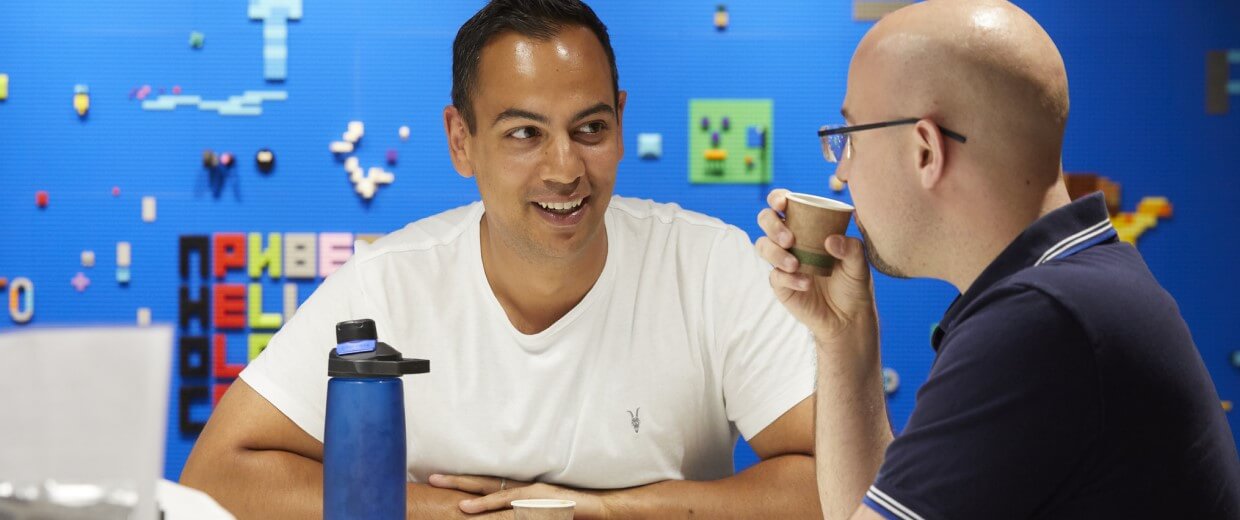The Royal Academy of Engineering provides financial support to individuals for undertaking excellent R&D and entrepreneurship in a wide range of engineering-related disciplines, and through a variety of grant instruments, including chairs in emerging technologies, industrial, enterprise and research fellowships, and research chairs. To assist this, the Academy appoints mentors from their Fellowship to support the grant holders.
I have been mentored while holding an Academy research chair in the 1990s and have also been fortunate enough to act as a mentor to several talented Academy fellows through several of the schemes.

The role of mentor
It is interesting to consider the role of an Academy mentor and what one is expected to do. As far as the Academy is concerned, this is twofold.
Independent advice
Firstly, it is to provide help and advice to the grant-holder (mentee) from a person who is completely independent of the Academy or the mentee’s employer - be that a university or an industrial concern. In such a role, the mentor can be anything ranging from a sounding-board for new ideas, through someone who can provide helpful words of experience from someone who has often been through situations that the mentee might be experiencing for the first time, to a valuable source of knowledge and contacts.
This is the classic role of a mentor, and I can think of several situations where I have been able to assist mentees in one or more of these ways. It has always been a great pleasure for me to hear at first-hand about a mentee’s new research results or progress towards building a new business, or to be able to, for example, use my network of contacts to help their research or entrepreneurial ambitions.
Oversight
The second part of the mentor’s role comes from the need of the Academy to monitor progress on the grant and to ensure that the public money that it is administering is well-spent. Here, the mentor is asked to provide a “light touch” annual report on the grant-holder’s progress.
There is an interesting dichotomy here between the mentor and monitor roles that deserves a little discussion. One can certainly imagine situations where a mentee might be getting into problems, perhaps with their research or support from their employer, and be in-need of assistance from an independent mentor. They may feel unable to openly discuss the issues, for fear that these might reflect poorly on them through the reporting process, either with the Academy or perhaps with their employer. I have never personally come across a situation like this, but it is as-well for both mentor and mentee to be aware of the potential dichotomy, and to put provision in place for handling such situations at the outset of the mentoring process. In these cases, the independent mentor role should, in my view, take priority over the monitor role, and the Academy should be asked to put other provision in place for handling the annual reporting on the grant.
Overall, I have always found the role of an Academy mentor to be a very rewarding one. It is an opportunity to use one’s experience to help some of our most-talented engineers to make the most of the fantastic opportunities afforded to them through an Academy grant. I would strongly recommend this to any of our Fellows.
